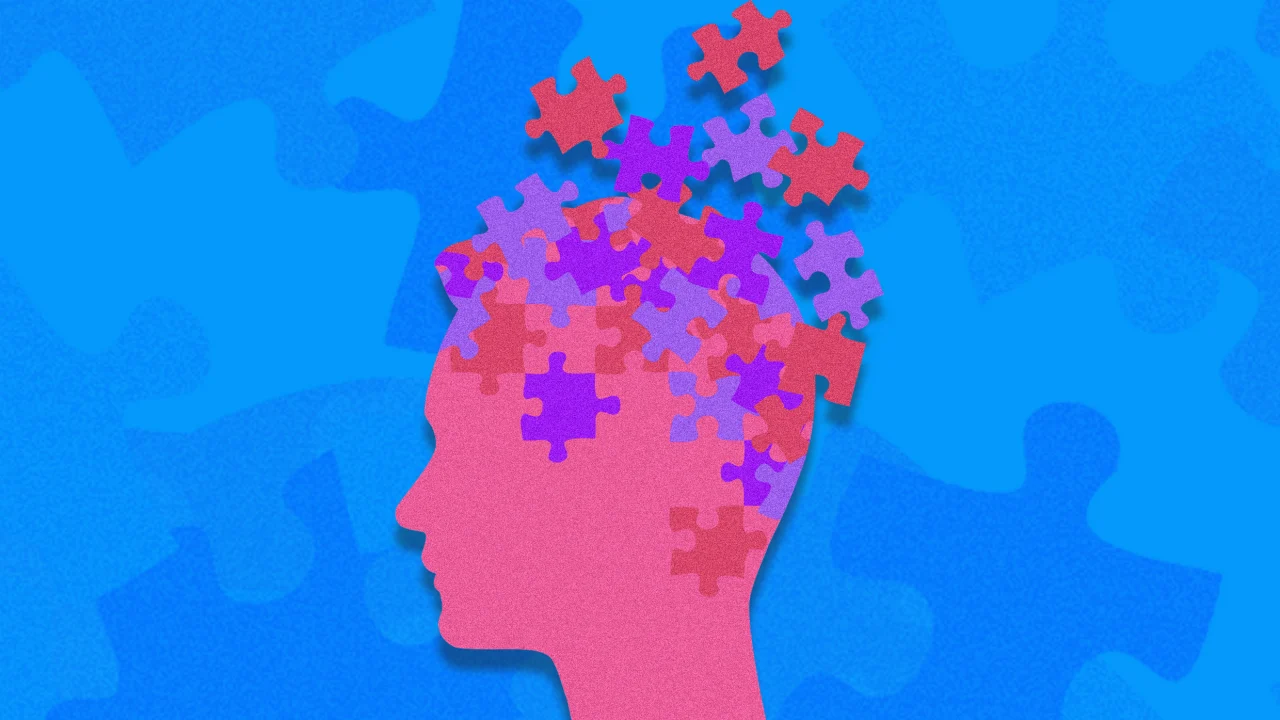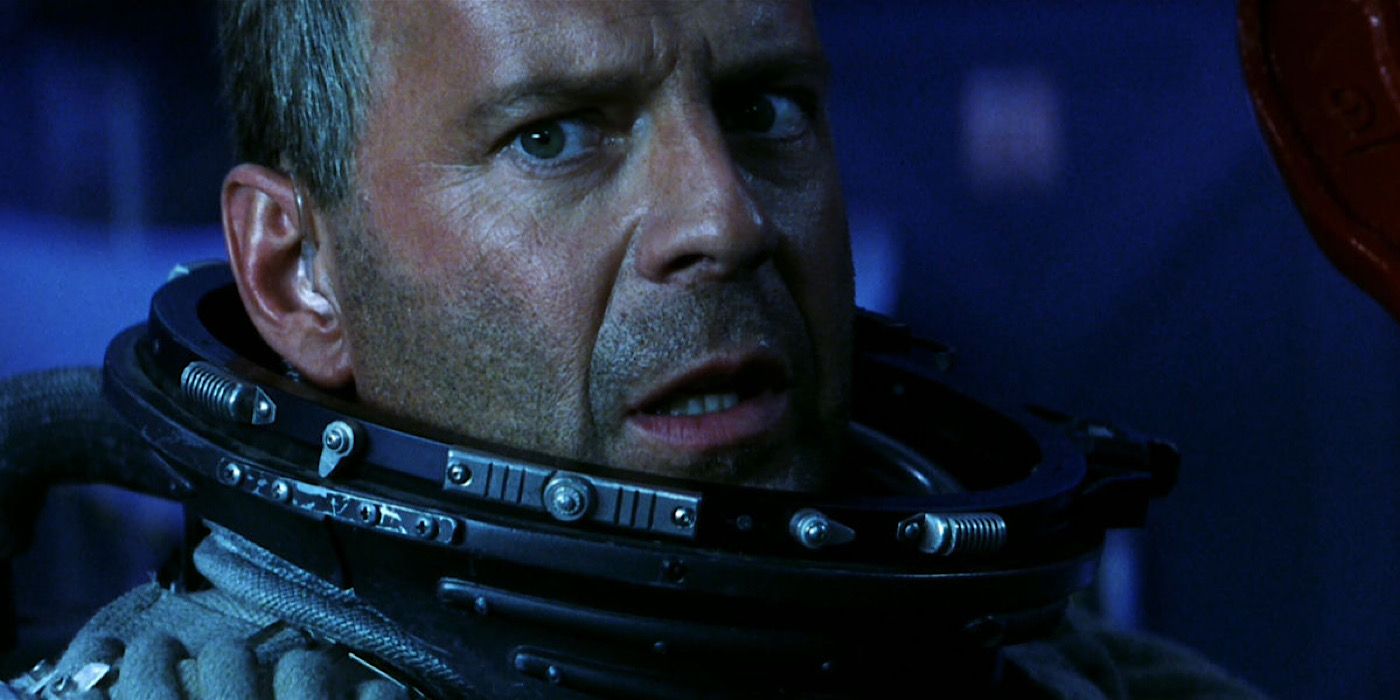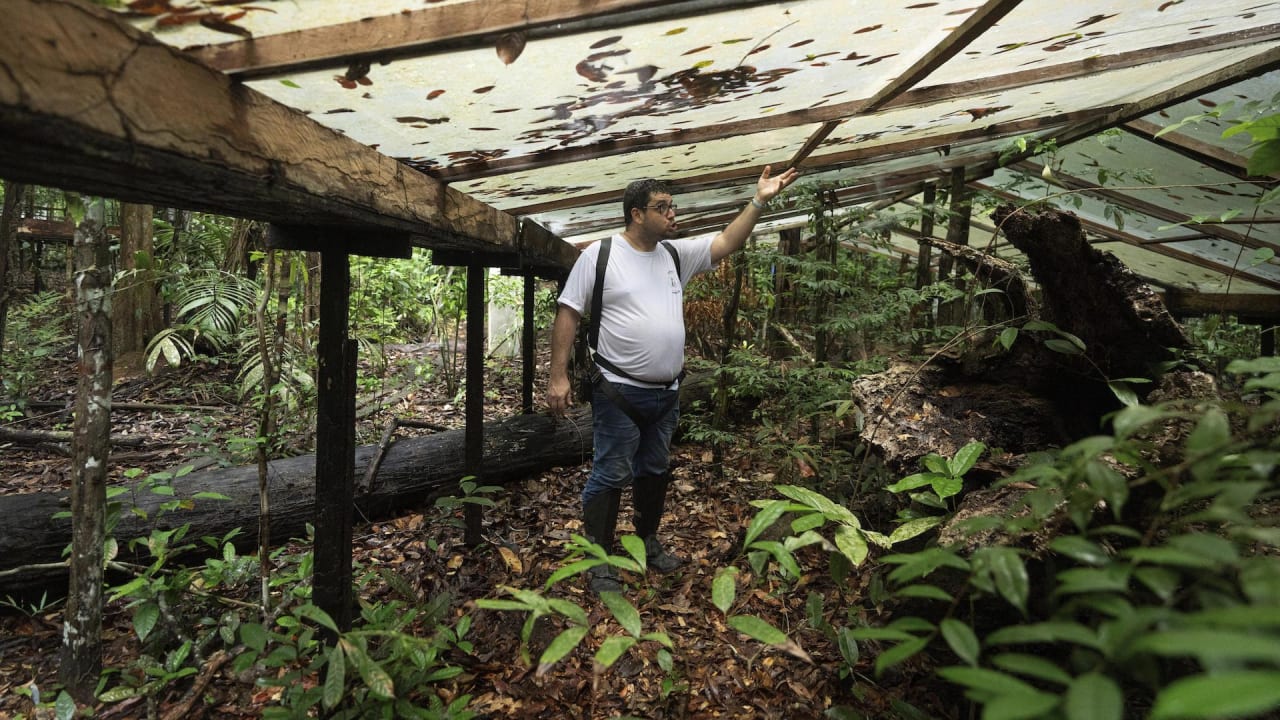Are your superstrengths holding you back?

Maria was the CEO of a rapidly growing tech startup in the genomics space. She was curious, confident, open to new ideas, and comfortable being challenged by her team—all qualities that had helped her build the company from nothing into a 30-person organization with millions of dollars in venture capital funding and a consumer-facing product about to be released. And yet, even as things seemed to be going exceptionally well, key leaders were starting to leave—and the board brought me, a clinical psychologist-turned-entrepreneur-turned business coach, in to figure out why.
What you sometimes find in situations like these is a leader with a difficult personality—rigid, cold, and just plain unpleasant to work for. Not here. Maria was warm, engaging, and personable. Her team loved talking to her. They just didn’t love working for her. As it turned out, her confidence—a critical quality for an entrepreneur to possess when breaking new ground and coming up against scores of obstacles and critics insisting something couldn’t be done—was playing out in a way that was hurting the business.
“She’s curious until she isn’t,” one high-ranking team member told me. “Everyone else might still have more questions, but she shuts down the conversation and insists we move on. She’s open to discussion right up until the point when she feels like she’s made a decision, and then she’s dismissive, arrogant, and impossible. She makes the rest of us feel stupid if we don’t see things as quickly or as clearly as she does, and that’s not an environment I want to work in. She’s brilliant, but I dread every meeting.”
“I don’t know what he’s talking about,” Maria told me when I presented her with the feedback. “My ability to make decisions is a strength. And they’re good decisions! I don’t see the point of going around in circles once I know the answer!”
When superstrengths become supernovas
Maria was a classic example of an entrepreneur with a blindspot. She didn’t see how her superstrength—confidence—had tipped over to become arrogance, and that arrogance was holding her back.
When I began as a coach and first started to hear people talk about strengths and weaknesses, I took the information at face value. If an executive was praised for their persistence, I’d make a note of it, and look for other areas that might need to be addressed. After all, strengths are good, I reasoned. It’s the weaknesses that we need to worry about.
But after a little while, I started to notice a surprising pattern. The calm, unflappable CEO—a huge strength—never signaled when he was upset, causing people to have to guess what bothered him. The “curious, out-of-the-box thinker” seemed to always get “easily distracted by something shiny and new.” The friendly, sociable extrovert wasn’t leaving people alone to do their work. Every strength had its corresponding weakness, and the challenge was to keep things balanced, not to tip too far in one direction or the other. Strengths are not unqualified positives. Instead, our difficulties often emerge from investing too heavily in our strengths—our superstrengths become supernovas, and transform into the qualities that most frustrate the people around us and get in the way of our success. And because our strengths are often the qualities we are most proud of, the things we like best in ourselves and have heard positive feedback about over the course of our lives, the idea that they can become our biggest weaknesses is a common blindspot. Most of us simply won’t be able to see when it’s happening.
How to keep yourself from tipping into disaster
We can’t change our traits. But once we become aware of our extreme qualities, we can adopt behaviors to keep them in check. First, we have to find the blindspots. What I tell my clients to do is ask themselves the top adjectives others use to describe them, and then reflect on what happens if you modify them with the word too. Are they too smart, too energetic, too selfless? And how might that be playing out in the workplace?
For Maria, she acknowledged that perhaps she could be too confident sometimes, and was eventually able to see how that might make her team feel sidelined or ignored. She was never going to be able to slow down her decision-making, but what she could do is recognize when she had decided she had the answer, and stopped asking questions. That was her “awareness trigger” for when she was at-risk of appearing arrogant and dismissive. She could then change her behavior and communicate that she was nearing a decision but was still open to discussion. “I think I know the answer,” she could tell her team, “but let’s keep talking until we’re all on the same page.” She might not think her mind was going to be changed, but more communication could uncover angles she was ignoring, and ensure her team feels heard and respected.
Recognizing when our superstrength has tipped over the edge and we have gone “too” far is the new skill to develop. It starts with accepting that a strength will at times become a liability. With that awareness we will naturally think about tapping the breaks a bit when we spot we are expressing that strength.
Next, we can become aware of other behaviors that accompany our over-indexed strength. For Maria, it was feelings of having the answer, being done, wanting to move on, and feeling irritated that others want to discuss some more. When those feelings appeared, she would then know she had moved into problem territory. In turn, following up with the actual behavior change to correct the situation was a rather small adjustment.
The changes we need to make aren’t dramatic, just little tweaks to how we approach the world, informed by greater self-awareness. Yet these tweaks can have huge effects. The more deliberate we are about how we show up, the more strategic and effective we can be at keeping our superstrengths in check and avoiding deeper problems.
What's Your Reaction?
 Like
0
Like
0
 Dislike
0
Dislike
0
 Love
0
Love
0
 Funny
0
Funny
0
 Angry
0
Angry
0
 Sad
0
Sad
0
 Wow
0
Wow
0










-SOURCE-Simon-Hill.jpg)



















































































